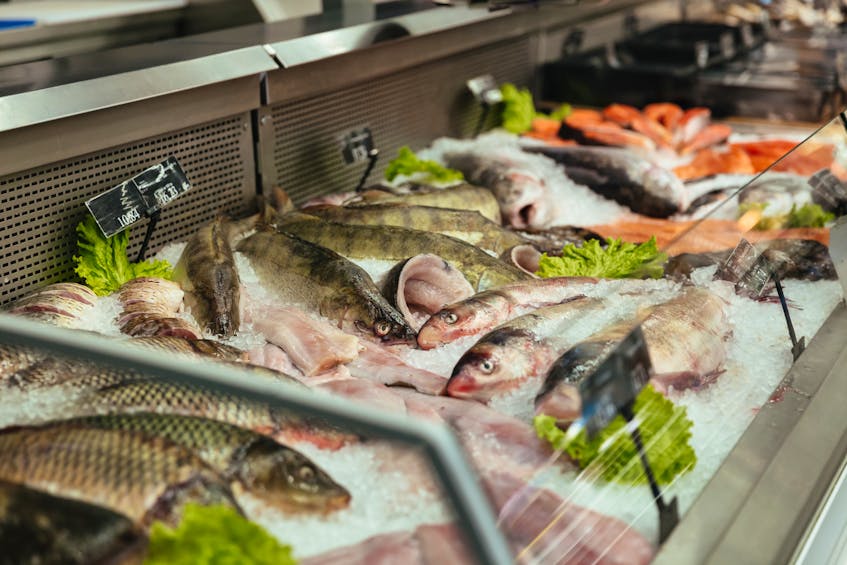Over a third of the seafood recently bought by Oceana Canada at Halifax restaurants and retailers turned out to be a different species than it was labelled.
The marine conservation organization released the report Seafood Fraud and Mislabelling Across Canada on Wednesday.
Its researchers bought seafood at restaurants and retailers, then sent them away for testing to see if the species purchased was identified correctly on the label or menu.
Thirty-eight per cent of the 89 samples sent away from Halifax were not as advertised.
Fish marketed as Atlantic cod was often Pacific cod, haddock or pollock.
Catfish was often sold as sea bass, yellowfin tuna substituted for bluefin tuna and crayfish labelled as rock lobster.
Restaurants (45 per cent mislabelled) tested worse than fish sold at retail (20 per cent).
While the numbers are high for Halifax, it’s worse in other cities, such as:
- Toronto – 59 per cent
- Ottawa – 46 per cent
- Vancouver – 26 per cent
- Victoria – 67 per cent
The report’s authors intentionally didn’t name the restaurants and retailers tested.
“Fish can be caught on the East Coast, sent to China for processing and then to the European Union for branding before coming back to Canada,” said Josh Laughren, Oceana Canada’s executive director.
“The fraudulent activity could take place anywhere along that supply chain. A lot of the time the person selling you the fish is just as much the victim of fraud as you are.”
Oceana Canada is campaigning for regulations that allow for seafood to be traced from the boat to the plate, as are in place in the European Union.
The Canadian Food Inspection Agency Regulations, which came into effect this spring, haven’t proved successful at reining in seafood fraud.
“The system now is mainly designed to deal with recalls – so it’s mainly about food safety,” said Laughren.
“Should there be a health concern then they can go to the person who sold you the product, find out where they got it from and trace back step by painstaking step.”
A large percentage of Canadian seafood is currently exported into the European Union in compliance with its more stringent traceability requirements. That’s proof to Laughren that we are capable of instituting a similar system here.
Beyond people not getting what they paid for, Laughren said there are potential health impacts to consumers of eating the wrong kind of fish.
“And seafood fraud is one of ways that illegally caught fish enters the market, it’s how we launder fish,” said Laughren.









